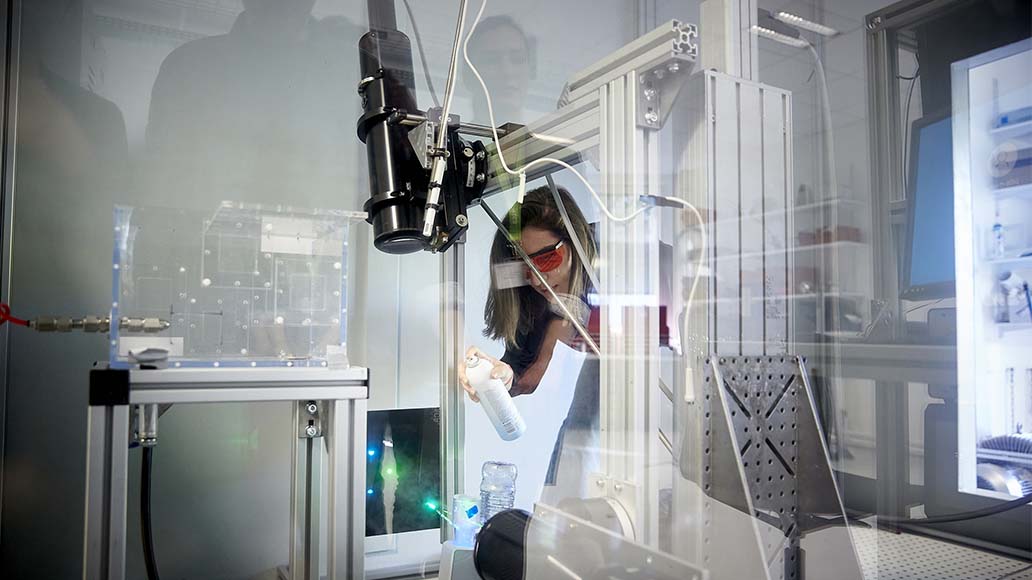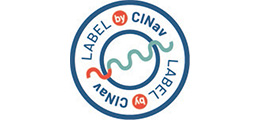What are the qualities needed to become an engineer?

The vocation of an engineer is to reply to society’s new challenges with technical solutions. The job covers a multitude so many facets and areas of application: computer science, robotics, agronomy … In the transport sector, there are many challenges to meet the issues of energy transition and there is a great need for engineers to transform the transport of tomorrow. But how do I know if this job is for me and what qualities are necessary to become a good engineer?
What does an engineer do?
Transport is one of the pillars of the environmental challenge and engineers have a key role to play in creating new technological solutions and new uses for tomorrow. They must find solutions to concrete problems related to the design, production and implementation of vehicles, systems and services. An engineer’s goal is to:
- respond to environmental challenges (controling energy consumption, limiting polluting emissions…)
- find alternatives to fossil fuels and develop new energies
- propose innovative solutions so that vehicles are connected and communicate with each other,
- contribute to designing more reliable vehicles.
Technicality is the engineer’s strength
Engineers are above all people who can understand complex technical and scientific problems in a global way, in order to provide the best solution. They have to have strong analytical abilities, advanced scientific and technical skills but also a sense of practicality and resourcefulness to provide solutions. They may be in charge of a whole project or on the contrary, a very specific (and often very technical) aspect of a project. Both aspects require considerable rigour and organization. The strength of the engineer also lies in their ability to analyse, taking into account all possible options in order to avoid mistakes and find the best response to a problem (taking into account technical aspects, financial cost, time, regulations, etc.). A liking for mathematics, physics, engineering sciences or computer science, when you are in high school, is an important first step to becoming an engineer. This is the foundation of engineering training which develops technical skills but also work methods to acquire rigour and analytical abilities.
Human skills are essential in the engineering profession
However, being an engineer also requires human qualities, and today’s recruiters are looking for know-how and interpersonal skills in young graduates. Engineers work in a team, so they must also be good managers, colleagues who listen to the team, who know how to communicate and pass on their skills to as many people as possible. They will have to work in multicultural contexts, very often in English, and possibly in other languages. They need to master foreign languages but also be interested in the multicultural world around them. If you like working in a team, travelling and discovering other cultures, these are also good assets to become an engineer.
In short: open-mindedness and adaptability
A good engineer must above all be curious about other people, in order to understand different ways of working, but also other technical fields, in order to find innovative solutions in their specific field of competence. An engineer’s strength also lies in the ability to adapt, as problems and projects can be highly varied throughout a career.
All these qualities can be acquired at engineering school! Project-based teaching, teamwork, technical challenges and associative life are all opportunities to understand these issues and enrich your skills.














